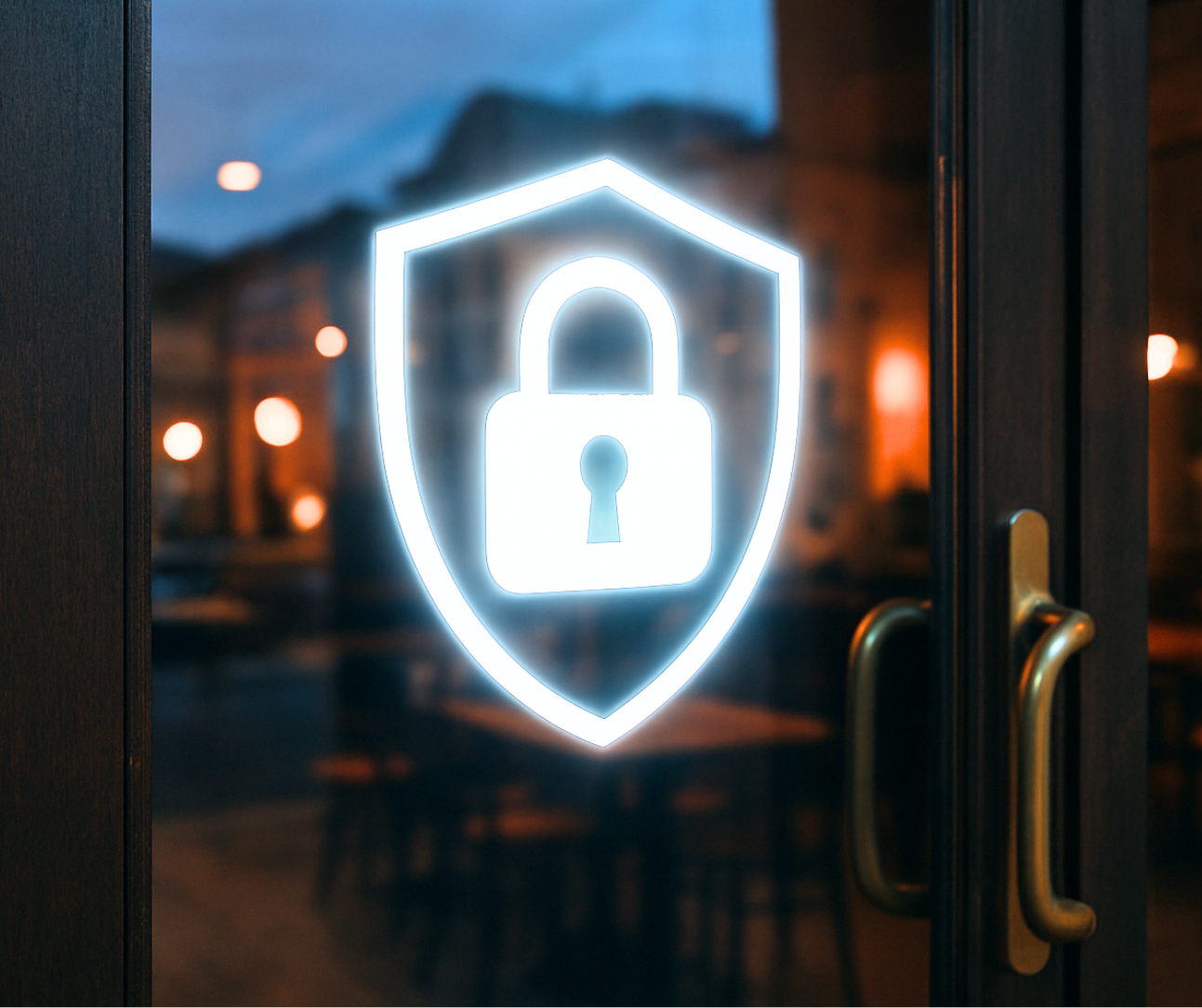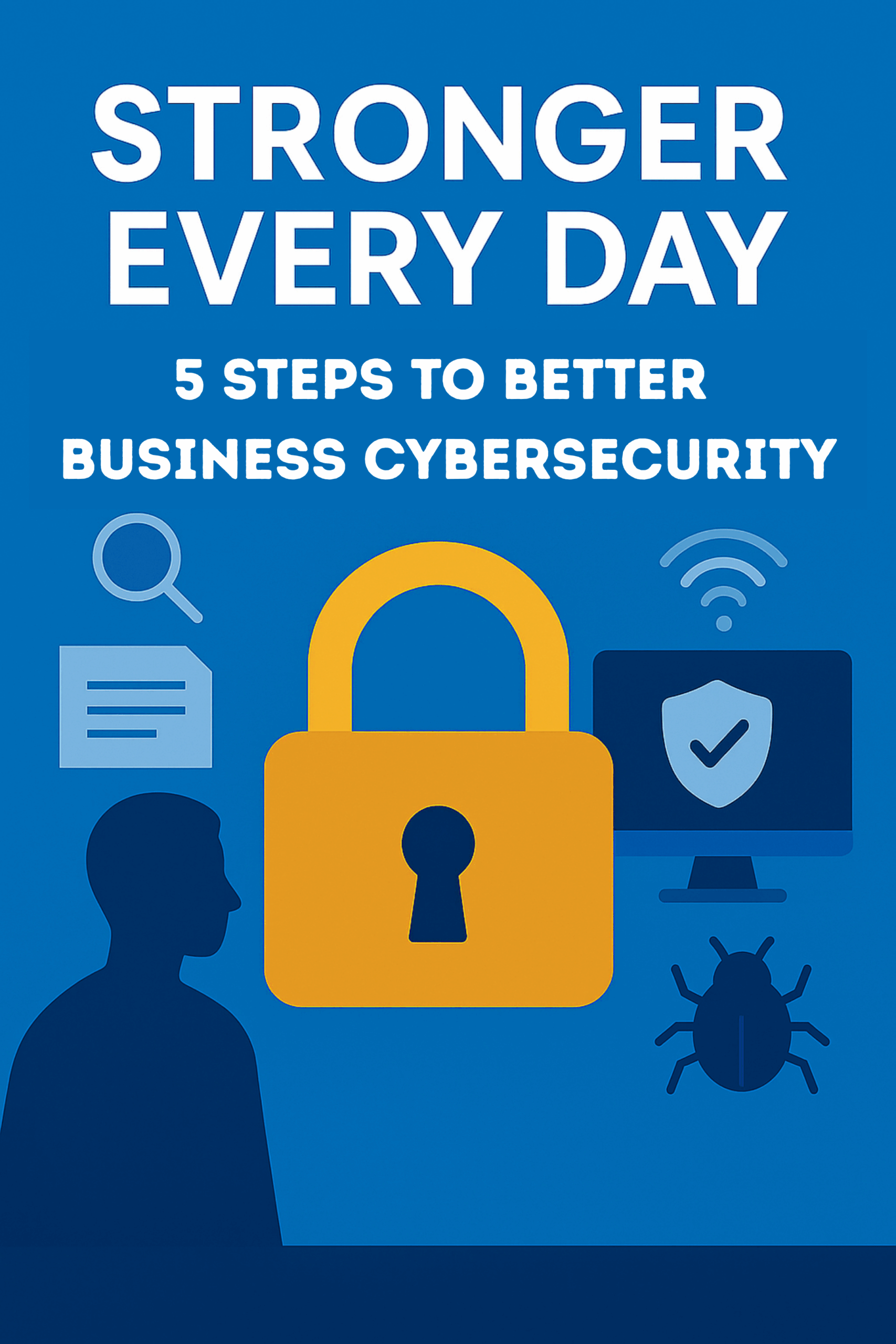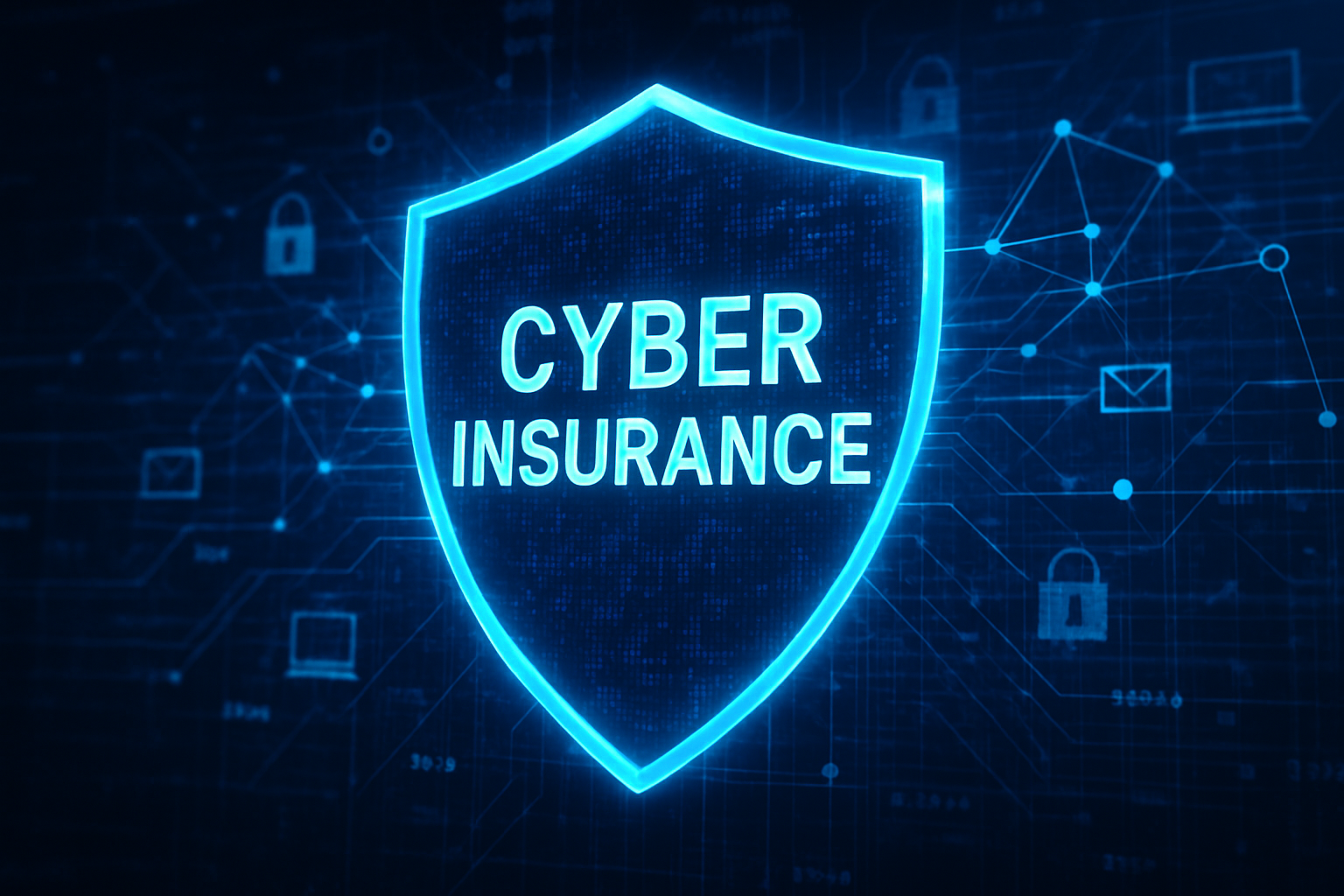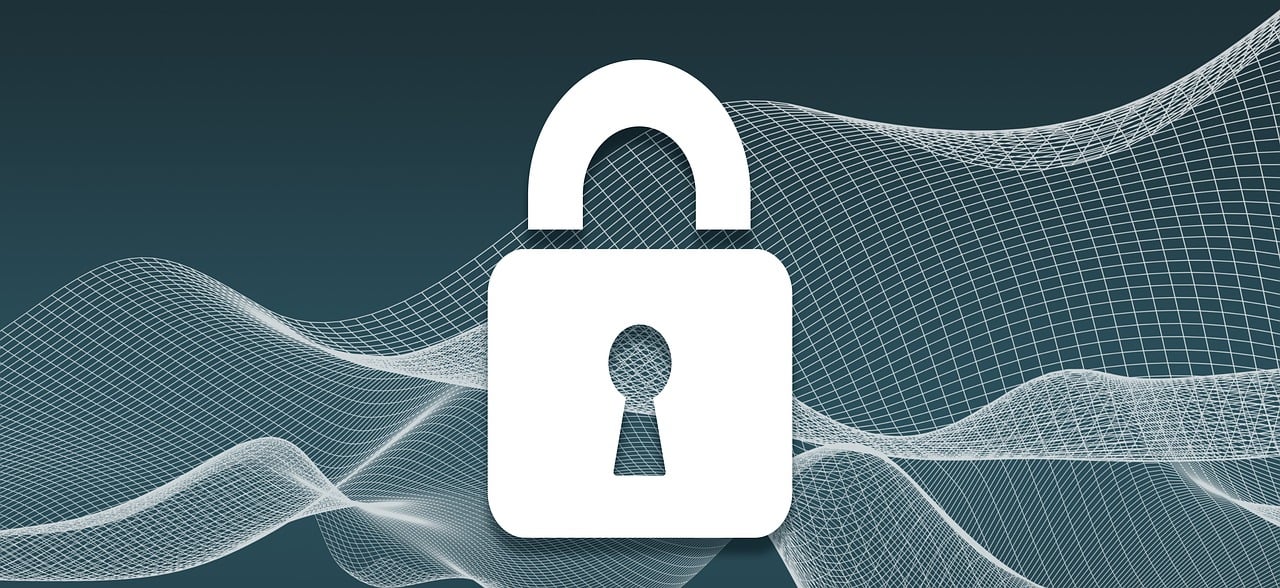Why Cybercriminals Target Both Big Banks and Small Bakeries
When most people hear the word cyberattack, they imagine hackers in dark basements trying to break into the vaults of international banks or the servers of tech giants. But here’s the reality: SME cybersecurity is just as important, because cybercriminals don’t discriminate.
Big companies make headlines when they’re attacked, but small and medium businesses are often the easier—and sometimes more lucrative—target. In fact, according to ENISA (2021), SMEs face increasing risks due to major global changes.
So, whether you’re running a multi-floor bank or a cozy bakery on the corner, if your digital doors are left unlocked, someone’s likely to sneak in.
Cybercriminals Don’t Care About Your Size
It’s tempting to believe hackers only go after the “big fish.” After all, why would they bother with your ten-person accountancy firm? But just like burglars walking down a street, they’ll take opportunities wherever they appear. If both a mansion and a flat leave the door wide open, thieves will visit both.
The same principle applies online:
-
Big companies = higher payouts, but stronger defenses.
-
SMEs = smaller gains per attack, but often weaker protection.
That balance is why businesses of all sizes find themselves in the crosshairs. Cybercriminals don’t discriminate.
Your Staff: Weakest Link or Strongest Firewall?
Now that we’ve addressed the “why,” let’s talk about the “how.” Most breaches don’t start with advanced coding techniques. Instead, they begin with something far simpler: a human being making a mistake.
A phishing email disguised as a supplier invoice.
An urgent message “from the boss” asking for a payment transfer.
Or the classic: “Password123.”
Sound familiar? Don’t worry — you’re not alone. But here’s the good news: with proper cybersecurity awareness training, employees can move from being your greatest vulnerability to your strongest line of defense.
Training programs, simulated phishing campaigns, and clear reporting processes are not just IT-department tick boxes. They’re the equivalent of teaching your staff how to lock the shop before going home. And unlike actual locks, this training doesn’t need a key that mysteriously disappears when someone goes on holiday.
The Bottom Line: Prevention is Better (and Cheaper)
A cyberattack can cost a small business more than a new fleet of company cars — without the luxury leather seats. Prevention, on the other hand, costs far less and can save you from both financial and reputational damage.
The European Union recognizes this, which is why regulations like the NIS2 Directive place stronger requirements on organizations to manage cybersecurity risks. And while compliance may sound like a chore, it’s ultimately about keeping your business, employees, and customers safe.
Final Thoughts
Whether you’re guarding a vault or a sourdough recipe, cybercriminals are interested in both. By investing in SME cybersecurity and prioritizing cybersecurity awareness training, you can turn your business into a fortress — one where hackers quickly realize they’re wasting their time.
Because at the end of the day, wouldn’t you rather spend money on growth, staff perks, or maybe a really good coffee machine… instead of ransomware recovery? Contact us today for a free conversation on your businesses security posture.











